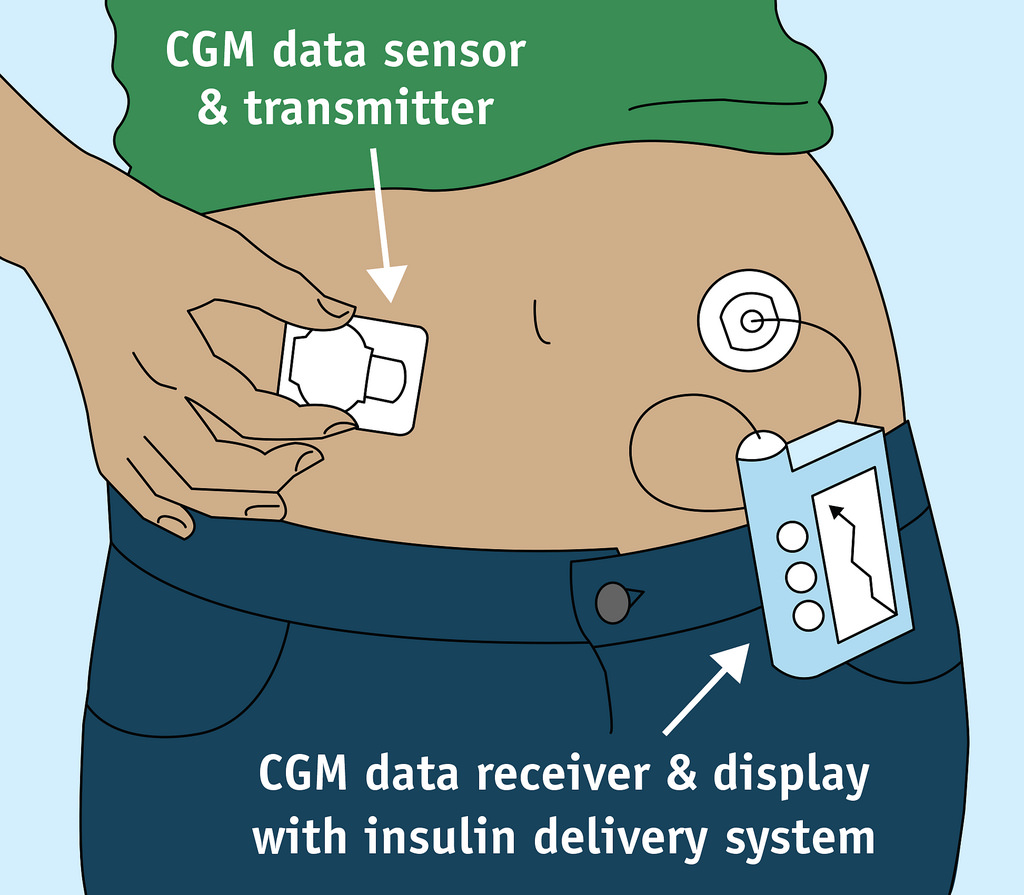Search
Research
Cohort Profile: HABITAT-a longitudinal multilevel study of physical activity, sedentary behaviour and health and functioning in mid-to-late adulthoodThe benefits of physical activity in reducing the risk of non-communicable diseases are well documented. Physical inactivity contributes to 6–10% of the burden of coronary heart disease, type 2 diabetes, and breast and colon cancers.


Research
Closed Loop Study – Day and Night Feasibility StudyA Closed-Loop System will potentially have a major impact upon acute and chronic complications of diabetes as well as upon their quality of life.
Research
Sprint proof of concept studyThis study will evaluate the effect of two types of aerobic exercise
Research
Effect of blood glucose levels on the amount of glucose needed to maintain stable blood glucose levels during and after moderate intensity exercise in young people with type 1 diabetesDetermining if hyperglycaemia prior to and during exercise affects the amount of carbohydrate required to maintain stable glucose levels during/after exercise
Research
Early environmental determinants of pancreatic islet autoimmunity: a pregnancy to early life cohort study in children at risk of type 1 diabetesThis study is looking for the causes of type 1 diabetes, so that we can find ways to prevent it.
Research
Epidemiology of hypoglycaemia in childhood-onset diabetes in Western AustraliaInvestigating the demographic, lifestyle and diabetes management factors associated with the incidence of severe hypoglycemia
Research
Epidemiology of childhood diabetes in Western AustraliaThe objectives of this study are to study the epidemiology of childhood diabetes in Western Australia from 1985 onwards.
Research
DiabetesDiabetes is the name for a number of different metabolic disorders in which the body's healthy levels of blood sugar (glucose) can't be maintained.Diabetes can have a significant impact on quality of life should complications develop. Diabetes can affect the individual's entire body.
Research
Cardiometabolic Biomarkers and Prediction of Kidney Disease Progression: The eGFR Cohort StudyTraditional markers modestly predict chronic kidney disease progression in Aboriginal and Torres Strait Islander people. Therefore, we assessed associations of cardiometabolic and inflammatory clinical biomarkers with kidney disease progression among Aboriginal and Torres Strait Islander people with and without diabetes.
